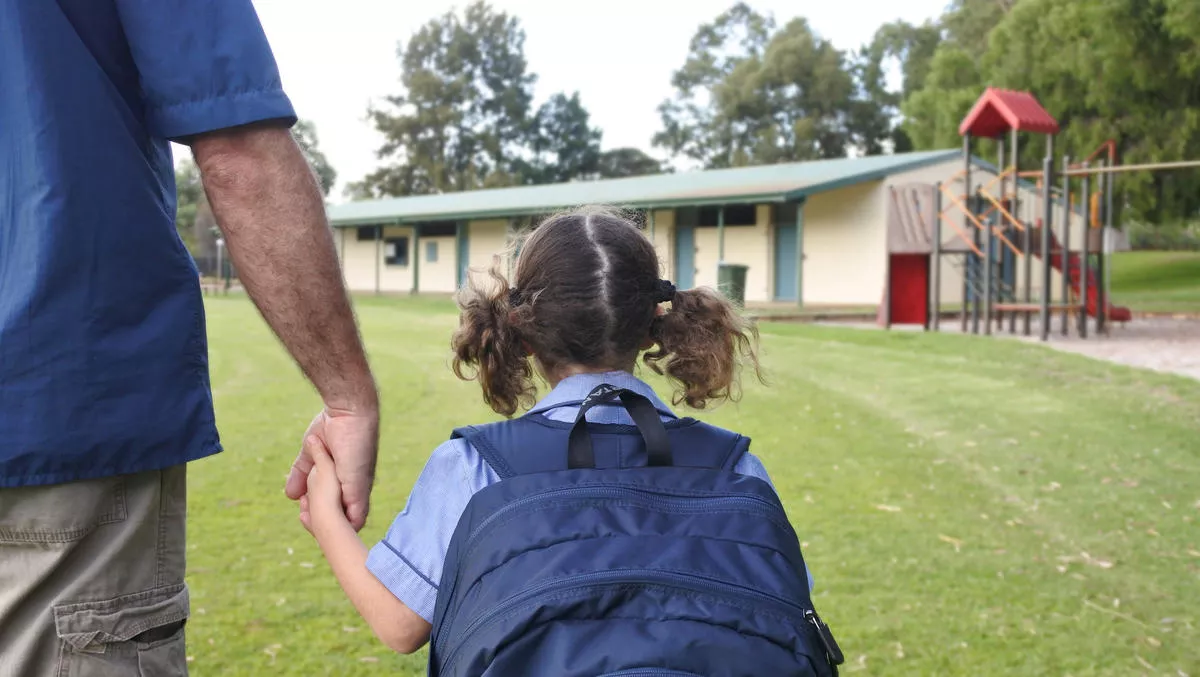
The release of iBooks Author last month has capped a banner year for technology in education, in which teachers have stopped asking whether they should be using technology and started asking how they can make their technology teaching better.
That's the opinion of education technology resellers Cyclone Computers, who say iBooks Author has opened up a world of opportunity for teachers and students.
Graham Prentice, general manager, Apple division for Cyclone Computers, says while much has been made of iBooks Author as a tool for publishing textbooks, the real benefit for kiwi educators lies in day-to-day course content.
"It gives them a tool, like GarageBand for music, where they can create their own resources that are in context for their own students.
For example, a unit on biological habitats that focuses on rock pools might be very relevant to students living in Auckland, but will have no interest for students living in Queenstown. Using iBooks Author, teachers can tailor content to suit their students.
Furthermore, using Apple's course distribution tool, iTunes U, teachers can share their resources, picking and choosing which are relevant to their students. Information can be offered concurrently in different forms, such as print, audio, and video, suiting the different styles of learning preferred by different children. Teachers can even tailor courses for their students' abilities, offering more to advanced students without overloading those who need help.
Mary McQuoid, Apple technologies - professional development specialist for Cyclone, is responsible for showing teachers how to use technology. She says there has definitely been a shift in the last few months.
"My job has become providing ideas,” McQuoid says.
"There's no need to explain how to use the iPad. It's become about saying, ‘Have you looked at this? Have you thought about this?'
Indeed, last month the Commerce Commission released a report which found that teachers have taken well to technology in the classroom, and are in a good position to take advantage of the government's Ultra Fast Broadband project. Prentice says he knows of one school which isn't even waiting for the rollout, opting to invest in a satellite connection to provide students and teachers with fast internet.
"You don't get a second chance at education.
However, the adoption of technology in schools hasn't all been smooth, and there is still plenty of hostility to the idea.
In July last year, Orewa College was heavily criticised for warning parents that year 9 students joining the school in 2012 would be expected to have some sort of portable computing device – preferably an iPad 2.
The warning was issued to give parents a chance to save for the purchase, but some thought it showed the gap between the haves and the have-nots was widening.
Prentice says he thinks Orewa College was ‘very brave' in championing technology in education.
"It happens in too many classrooms: we teach to the middle.
"Should we be teaching to the lowest common denominator? No. We should be teaching to the individual. People who can excel should excel, and people who have challenges should be helped.
Do you think technology is moving into the classroom too quickly? Is there a chance students will be left behind? Would you trust your kids with such expensive, fragile devices?